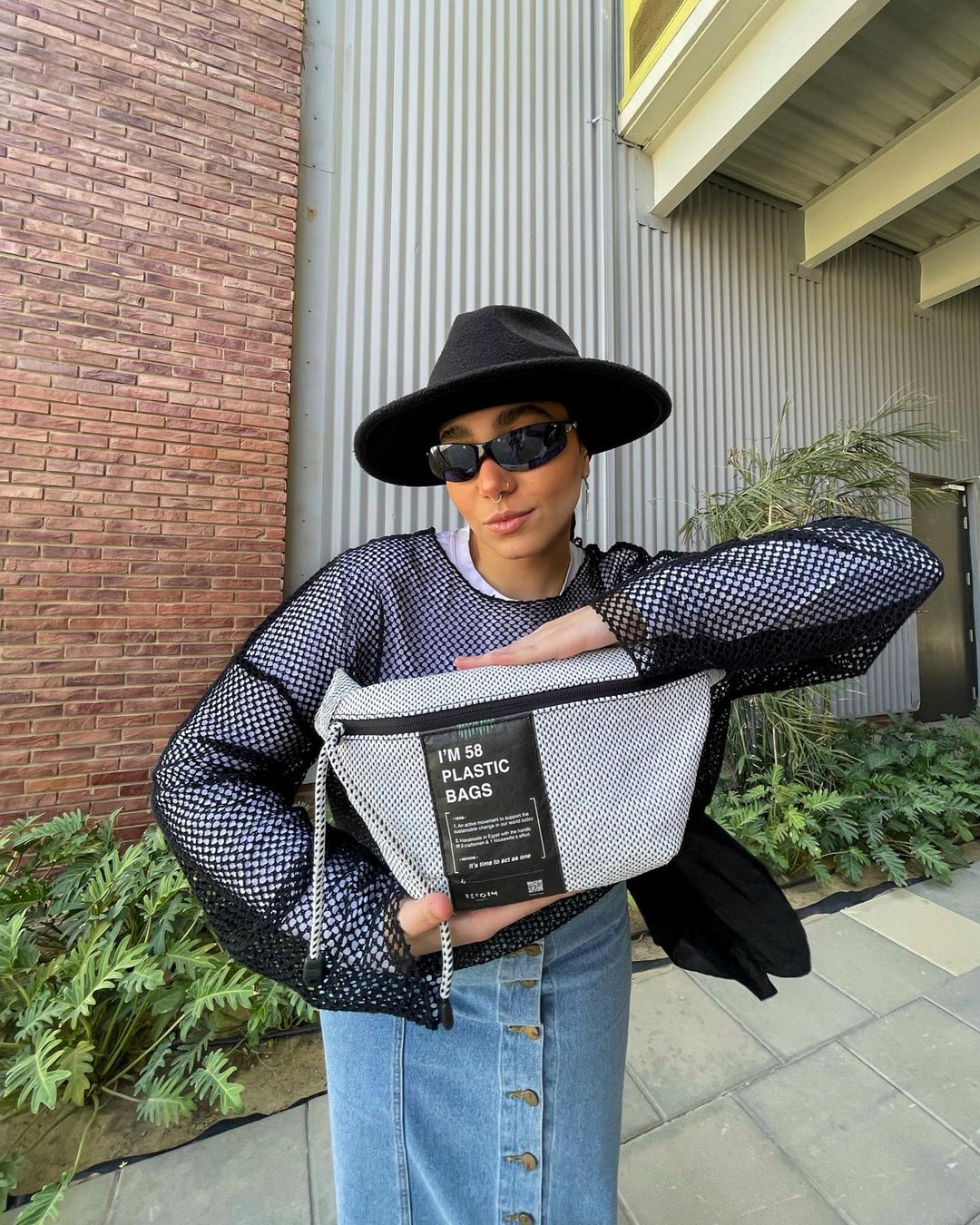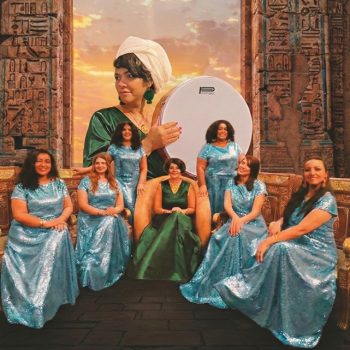Every year on July 3, individuals and communities worldwide come together to observe International Plastic Bag Free Day. This day serves as a reminder of the detrimental impact of plastic bags on our environment and encourages concerted efforts to reduce their usage. In a bid to contribute to this global movement, Egypt has taken significant strides in recycling.
According to the Cabinet's Information and Decision Support Center (IDSC), Egypt ranks first regionally and 14th globally in recycling rates. Currently home to 28 recycling factories, the country aims to double this number to 56, as per a report by the IDSC titled "Recycling is the Road to Sustainable Environmental Development."
The report underscores Egypt's promising opportunities in recycling, promoted by political support, legislation, and strategic environmental action. Here, we spotlight some of the innovative recycling startups in Egypt that are making waves and paving the way for a greener future:
Dämpa
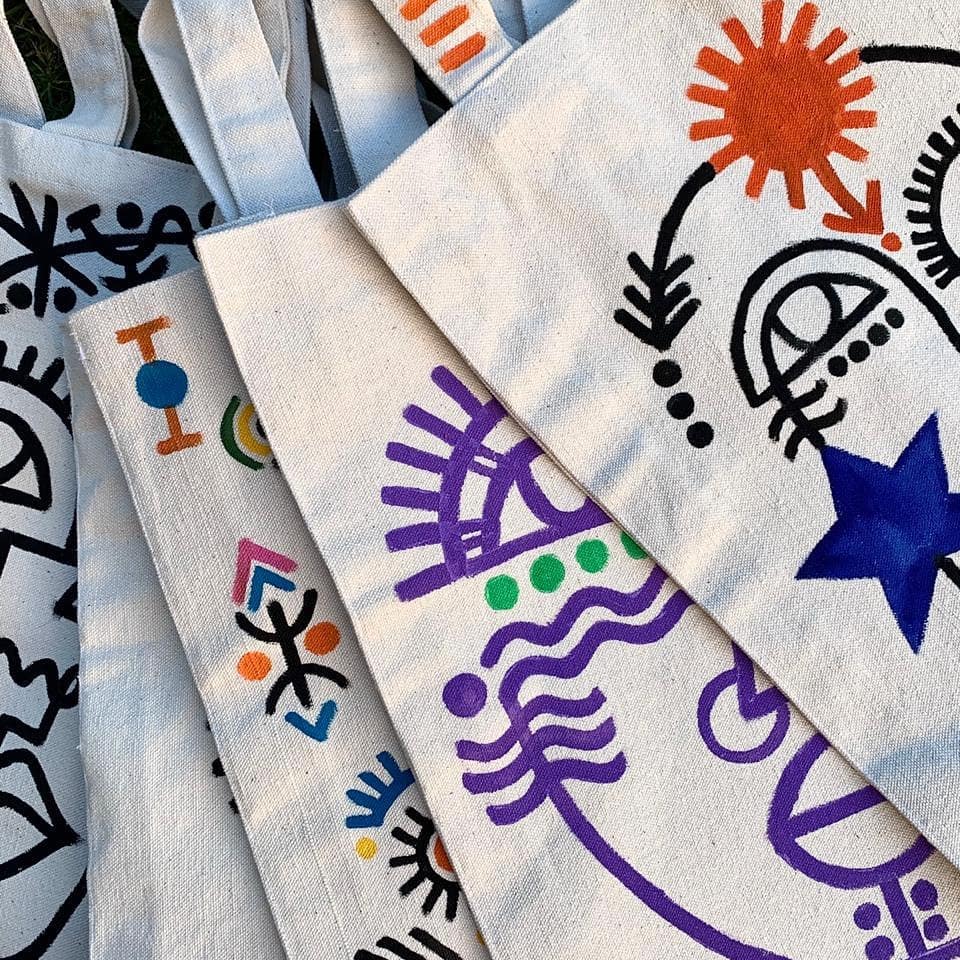
Dämpa is an upcycling startup that supports breadwinner women through handmade crafts. Dämpa produces 100% handmade, environmentally friendly products using waste material from factories. This initiative promotes sustainable practices and helps protect families from homelessness and poverty.
E-Tadweer
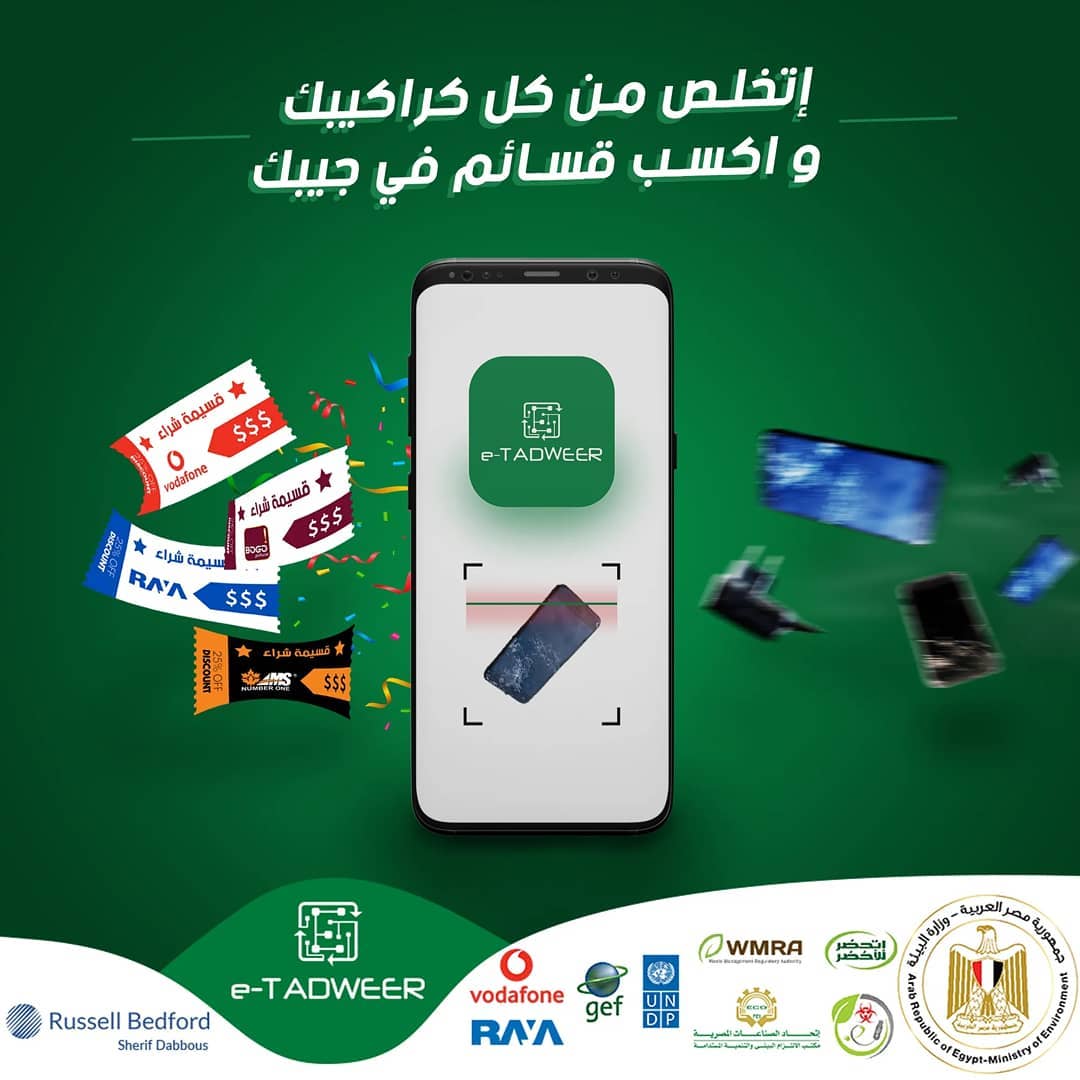
E-Tadweer is revolutionising waste collection in Egypt. Unlike traditional methods, E-Tadweer collects garbage by car and recycles it instead of burning it. The company purchases old electronics, scraps, iron, refrigerators, and washing machines and sells them to factories for recycling. E-Tadweer also has a website and mobile application to enhance customer service and streamline communication for those wishing to dispose of their garbage or old items.
P-Vita
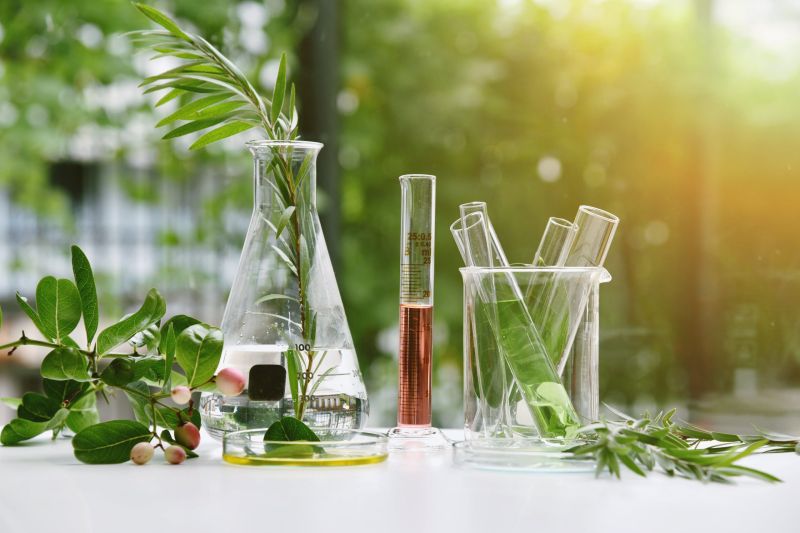
via LinkedIn
P-Vita offers a revolutionary solution for a healthier planet and people. The company extracts beta carotene, or pro-vitamin A, from the waste of palm trees, waste that is often burned or discarded in the Nile. By recycling this waste, P-Vita reduces environmental pollution while producing a high-quality, affordable source of beta-carotene for the food, cosmetics, and skincare industries.
Recyclobekia
![]()
Starting in a small garage in Tanta, Recyclobekia has grown into one of the Middle East's top startups, as featured by Forbes. Co-founder Mostafa Hemdan, through the Injaz incubation programme, created a groundbreaking business that generates revenue from electronic waste.
Tilestic
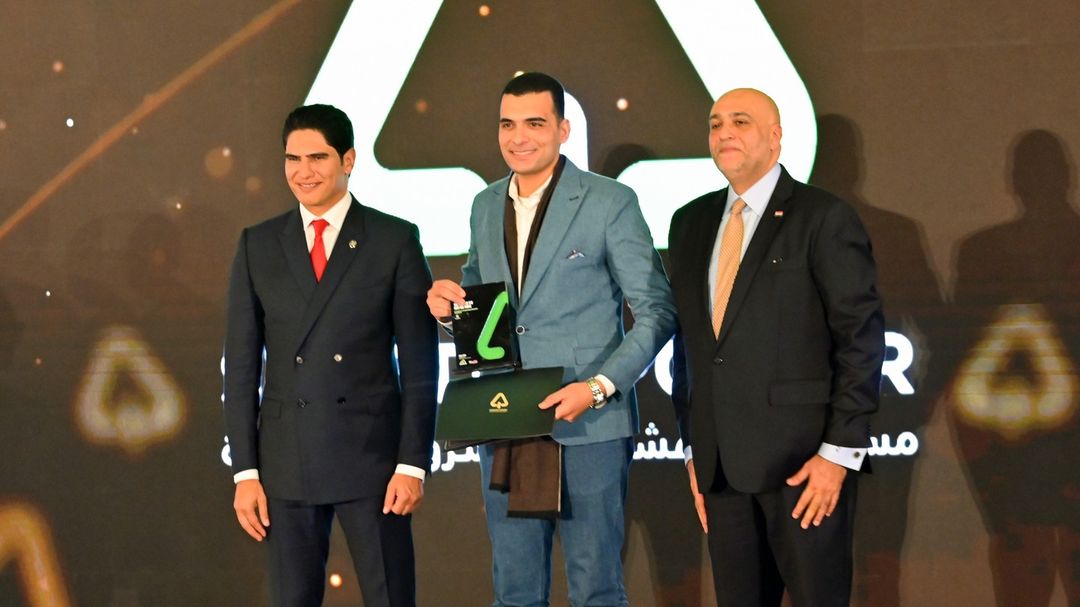
Tilestic aims to create a successful business model that merges economic feasibility, positive environmental impact, and societal benefits. The company has developed a manufacturing technology to recycle single-use plastic waste into eco-friendly building materials, addressing environmental concerns while contributing to the construction industry.
Up-Fuse

The inception of Up-Fuse was inspired by a trip to Berlin, where its co-founders noticed supermarkets charging for plastic bags. Realising the environmental harm caused by plastic, they launched Up-Fuse to transform nearly 3000 plastic bags a month into backpacks, tote bags, wallets, and cases.
Tagaddod
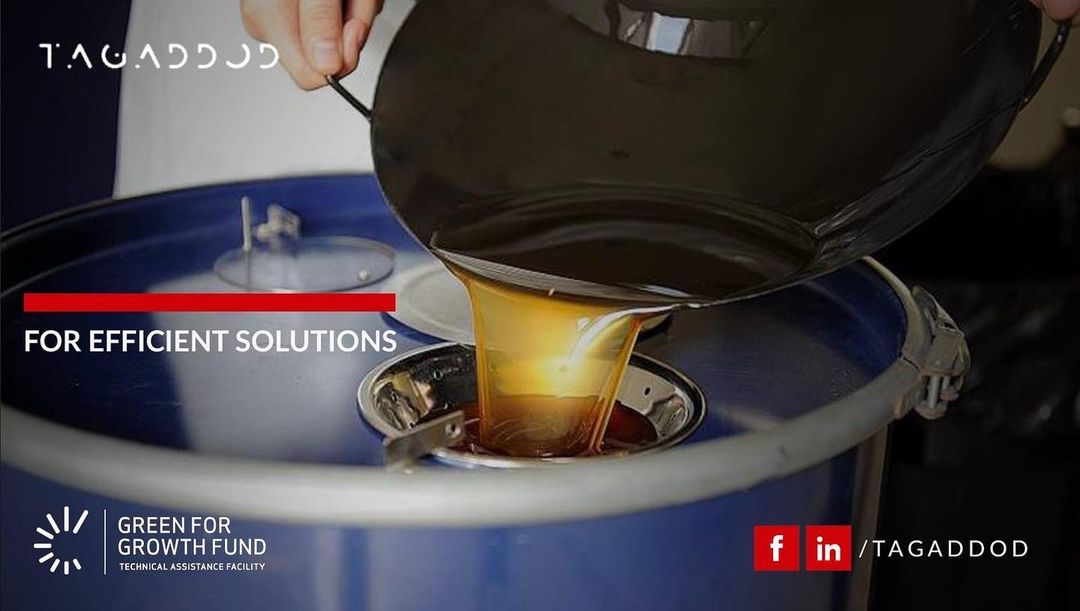
Tagaddod began in 2013 as a senior class project at Cairo University before transforming their idea into a successful startup. Tagaddod focuses on producing biodiesel from used cooking oil. Initially sourcing oil from hotels and restaurants, they now collect oil from households, further expanding their environmental impact.
Reform Studio

Reform Studio turns plastic waste into stylish furniture. What also began as a university project at the German University in Cairo has grown into a thriving business. Reform Studio designs and manufactures sustainable products such as fabric, beach clutches, placemats, and rugs, addressing Egypt's waste problem creatively and effectively.

